
Finding Joy in Alzheimer’s Care
TEDx VIDEO: People with dementia and their care partners can experience joy, humor and connection. Since there’s no cure, the best solution is great care. See how to set a high bar with empathy, patience and fun.

TEDx VIDEO: People with dementia and their care partners can experience joy, humor and connection. Since there’s no cure, the best solution is great care. See how to set a high bar with empathy, patience and fun.

EMOTIONAL STATES of individuals with Alzheimer’s are profoundly influenced by caregivers. Learn how.
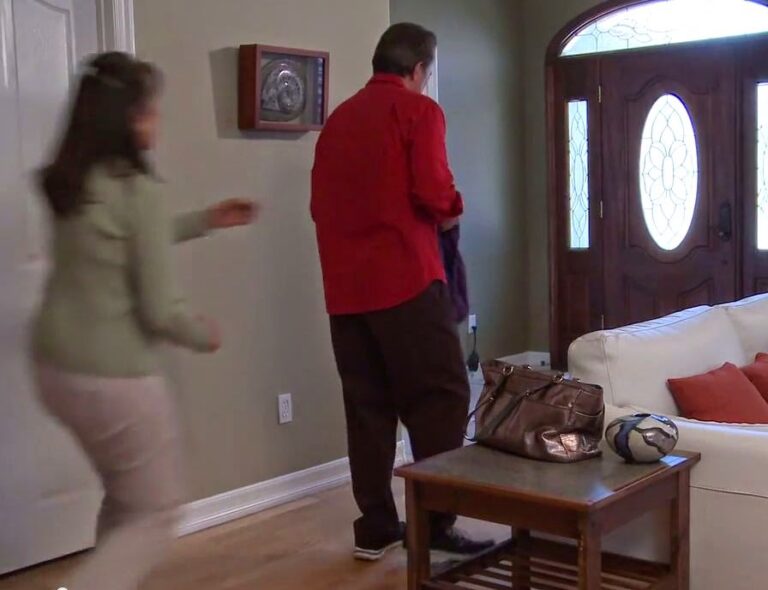
WANDERING occurs in 60% of people with dementia. It can be triggered by anything from an old memory to poor vision, from confusion to distress. Learn how to stop wandering from repeating itself. Find out ways to prevent it.
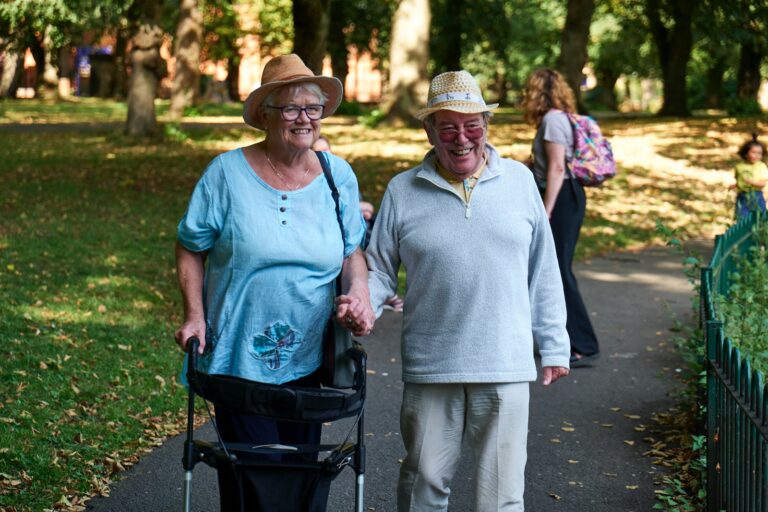
How do you motivate people with Early-stage Alzheimer’s to exercise? Dr. Noorsdy has 8 ways.

VIDEO+ARTICLE: Kenneth S. Kosik traced an Alzheimer’s gene mutation to a 16th century founder. See him solve this puzzle of the past and show why this can help the future.

In “SUNDOWNING SYNDROME,” people with dementia show high levels of anxiety, agitation, overactivity and delirium. It typically occurs in late afternoon and evening, before their normal time to go to bed. Learn how brain biology explains “sundowning.”

Ever walk into a room with some purpose in mind, only to forget what it was? It turns out, doors themselves are to blame for these strange memory lapses. Can this contribute to dementia’s wandering, confusion and problems with traveling?
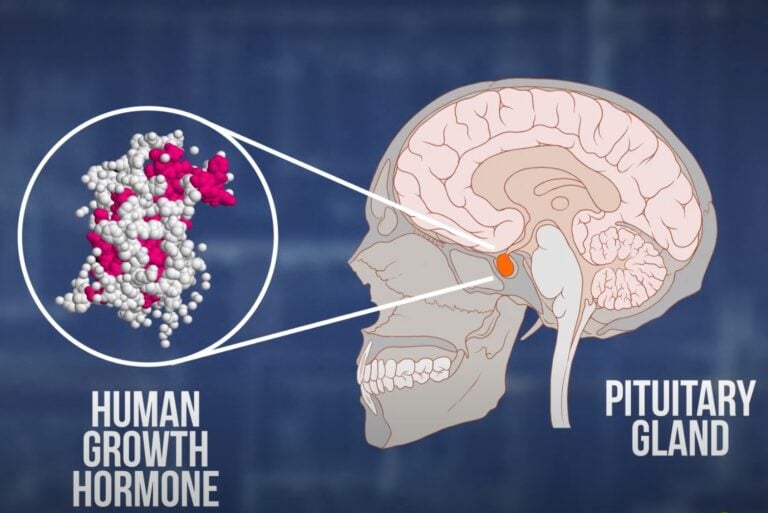
VIDEO + ARTICLE:
Everyone knows Alzheimer’s is not catchy, but a new study shows it might be “transmissible”. Learn the difference and find out what it means to research.
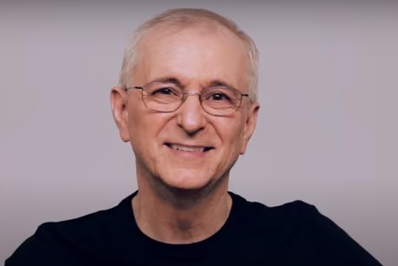
[VIDEO] TIPS FOR FAMILY, FRIENDS & CAREGIVERS. The title says it all. Whether caregiving for someone with Alzheimer’s or just visiting, be wise & avoid these phrases.
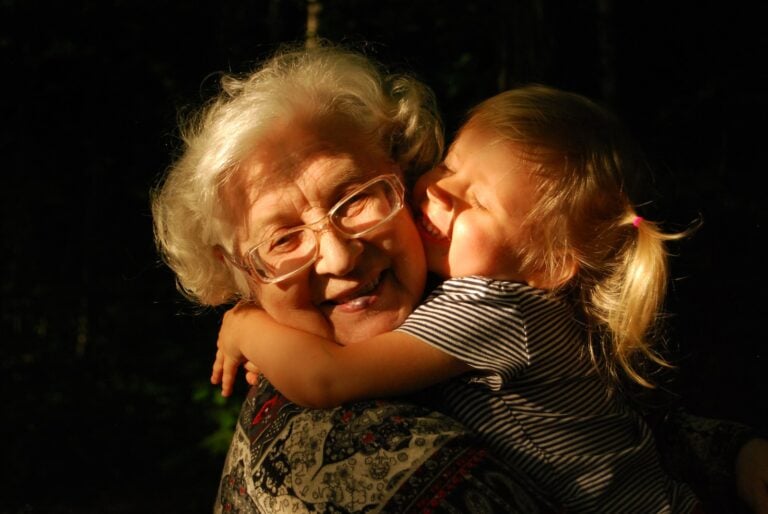
An intriguing study of 120 grandmothers might surprise you. Doctors know socially engaged people have better cognition and less dementia. But can a person get too much of a good thing? What’s the right balance?

If your loved one asks a little too often, “What’s the time?” “What day is it?”, easily solve the problem with these Battery-Operated Dementia-Calendar-Clocks. No wires, hang them on any wall, stand them on any table.
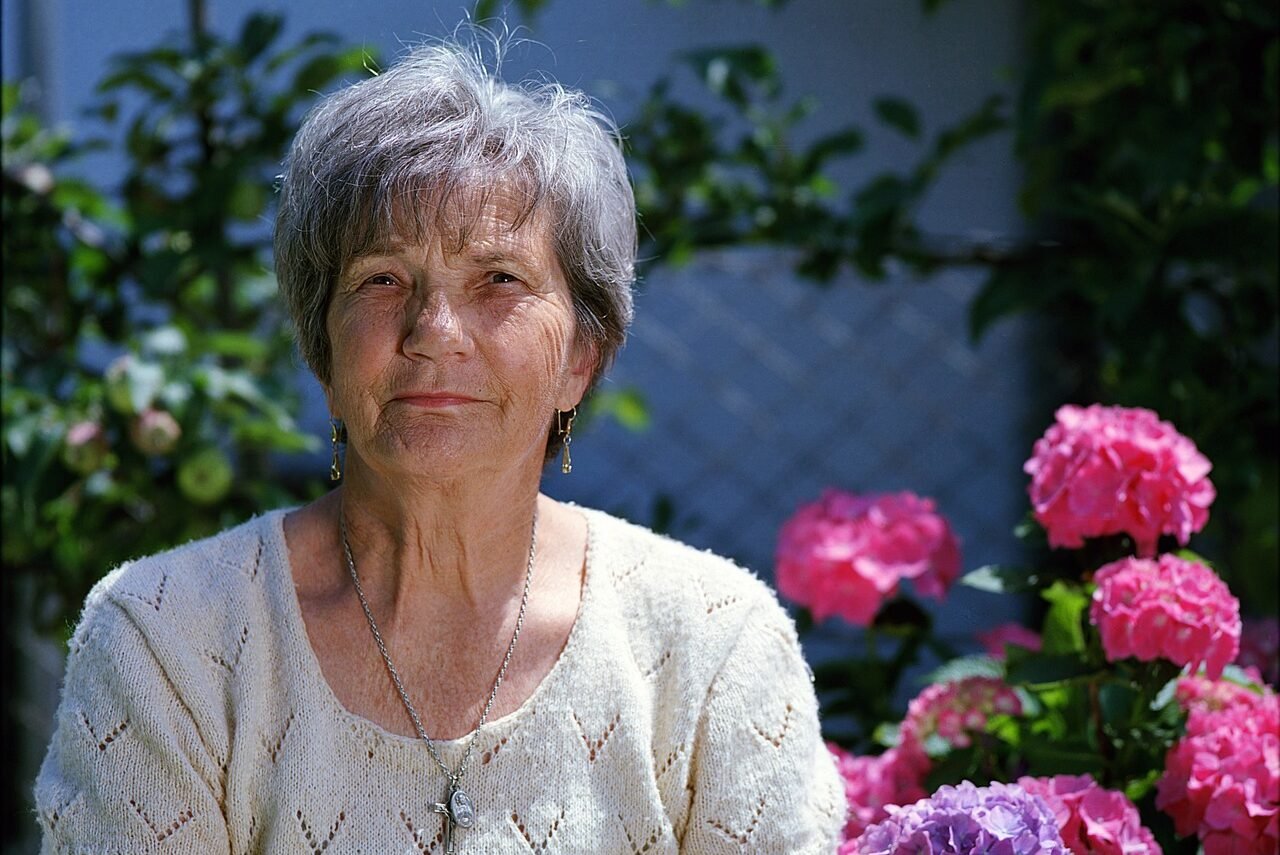
Why can vision loss come before memory loss in 10% of Alzheimer’s? A new study shows Posterior Cortical Atrophy (PCA), a type of Alzheimer’s, distributes proteins differently.

VIDEO: Vascular neglect triggers Alzheimer’s decades before symptoms appear. See how to use that knowledge to lower risk and slow its advance.

Three important dementia studies focus on HS-AGING, a type of dementia almost as common as Alzheimer’s in the 85+ group. Yet few people have heard of it. Why? What makes it different?

An intriguing study of 120 grandmothers might surprise you. Doctors know socially engaged people have better cognition and less dementia. But can a person get too much of a good thing? What’s the right balance?

Enjoy this great duet between a musician with dementia and his son. A triumph of spirit over Alzheimer’s! Sing-a-long if you like!

It looks like a sneeze cannot give anyone Alzheimer’s. While Alzheimer’s abnormal disease proteins do spread from cell-to-cell, they are not “infectious”. Check out the facts.
No spam, only news and updates.


